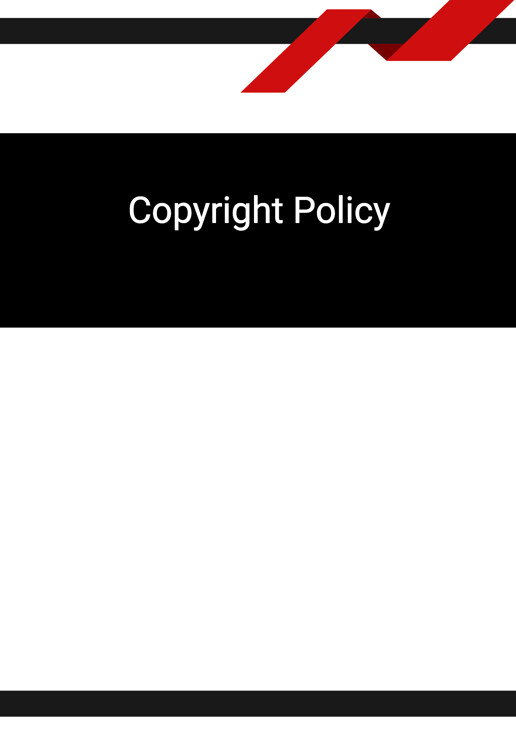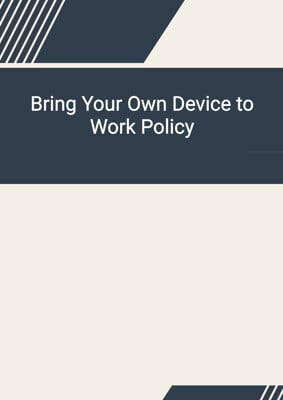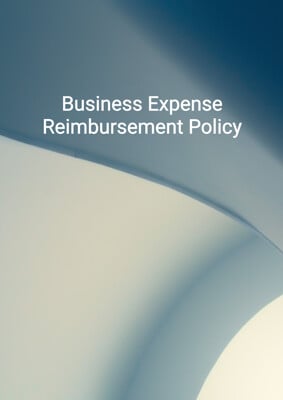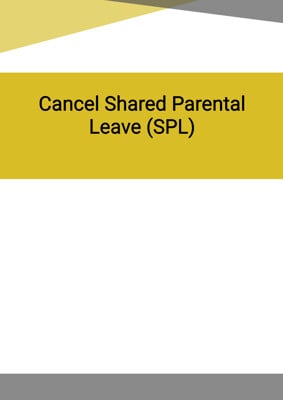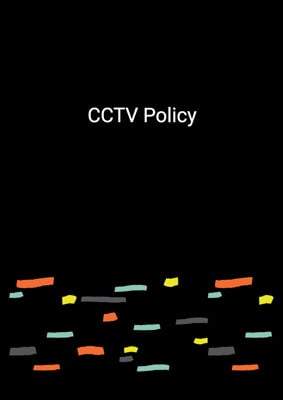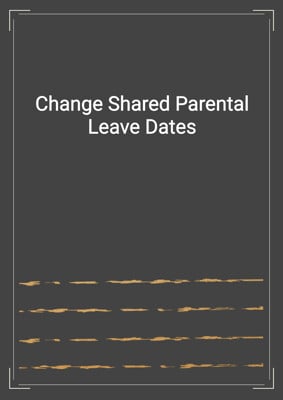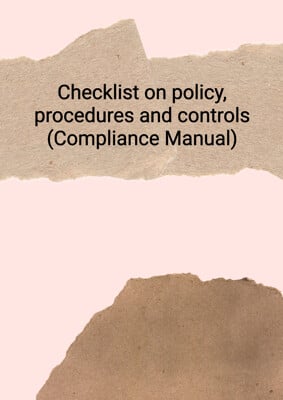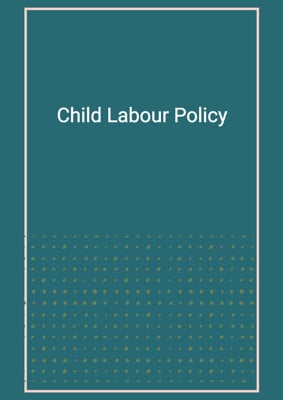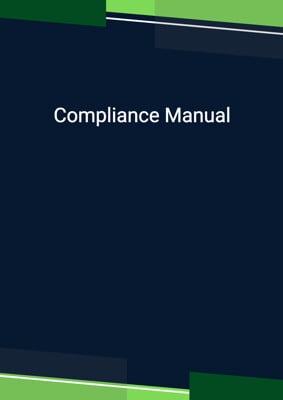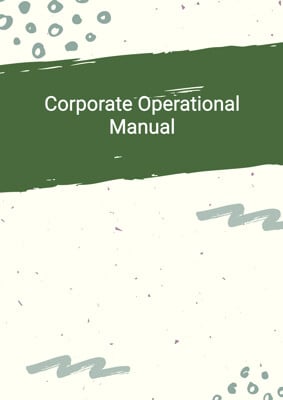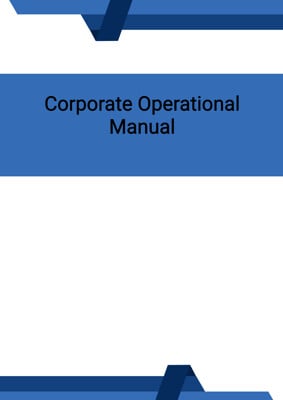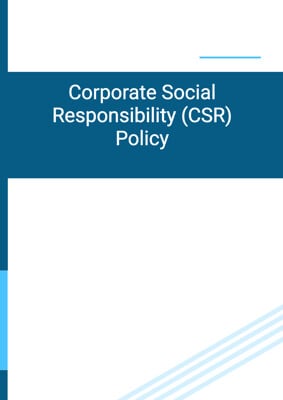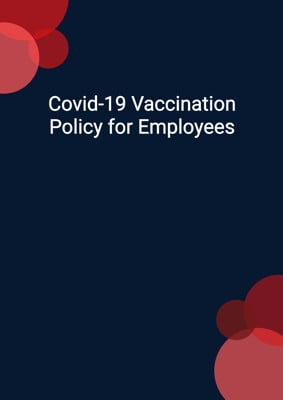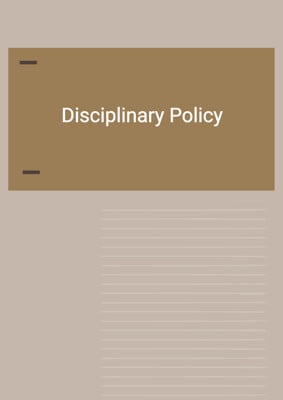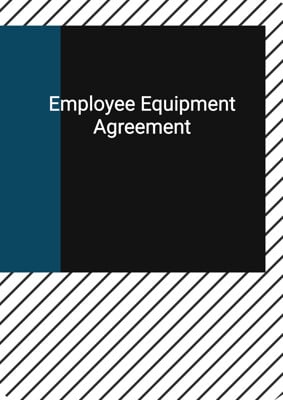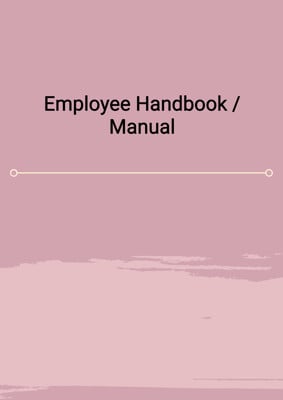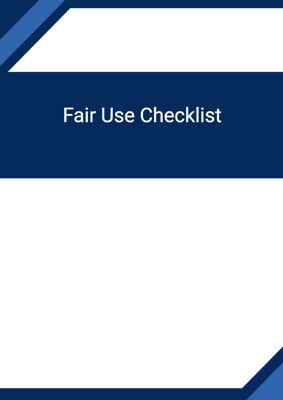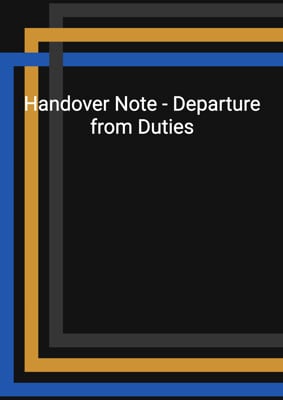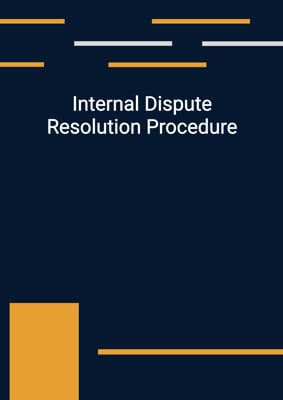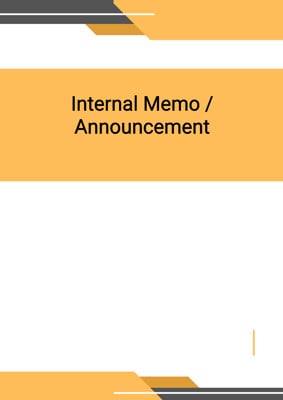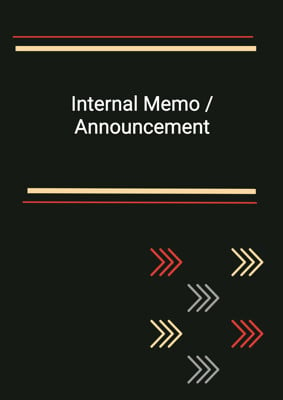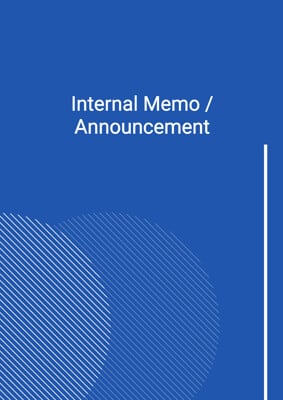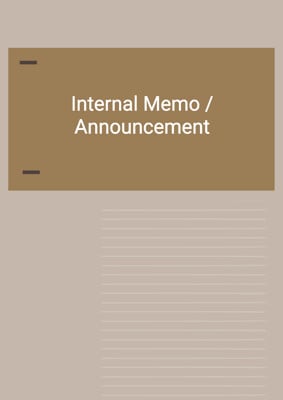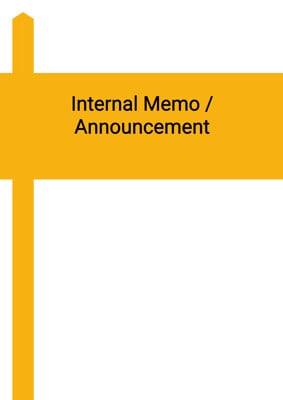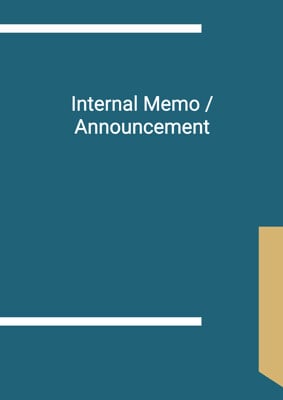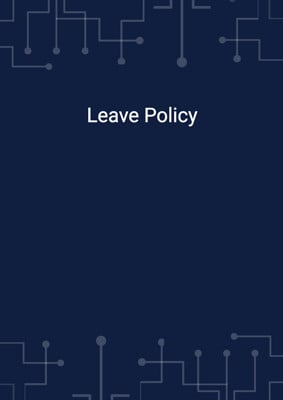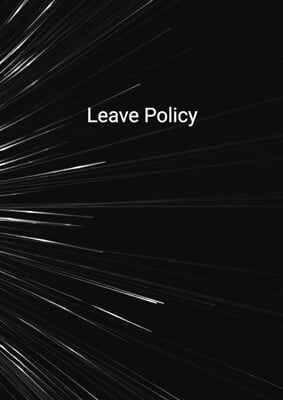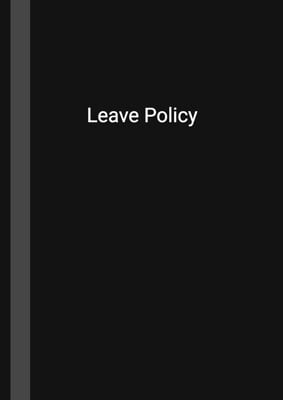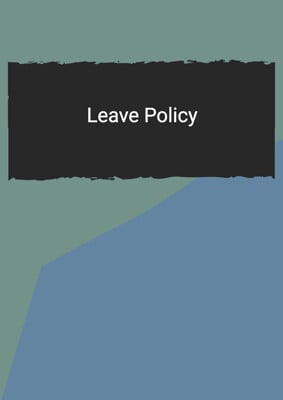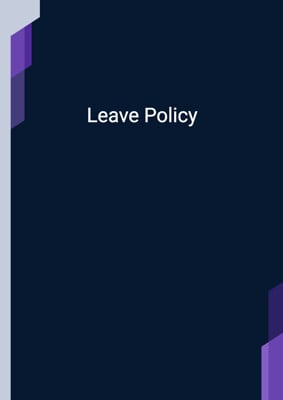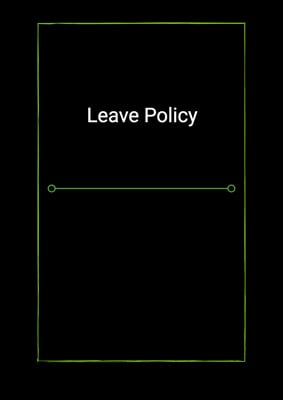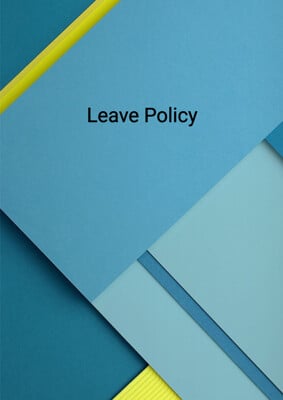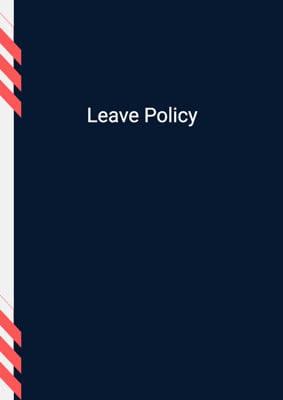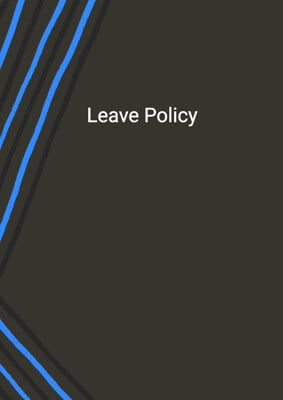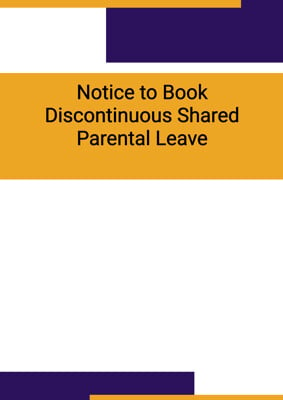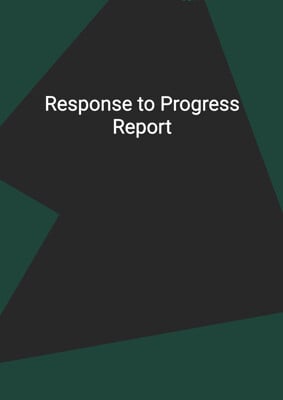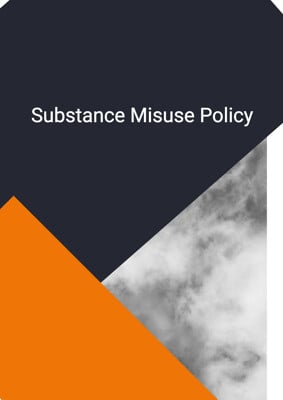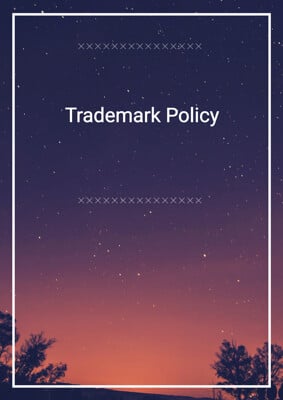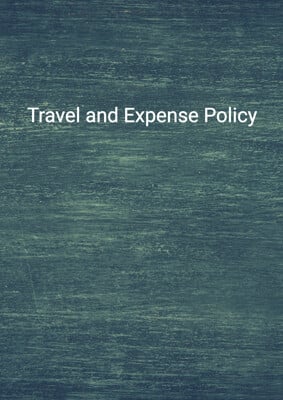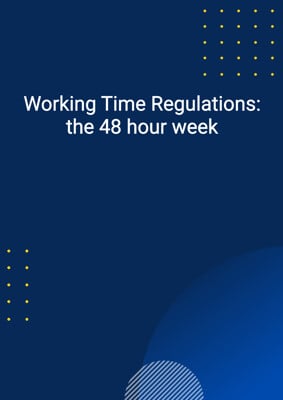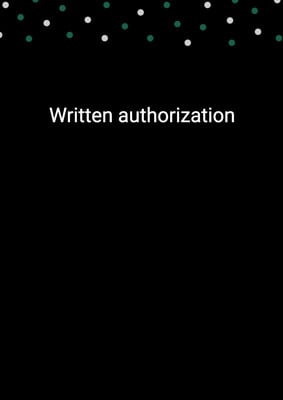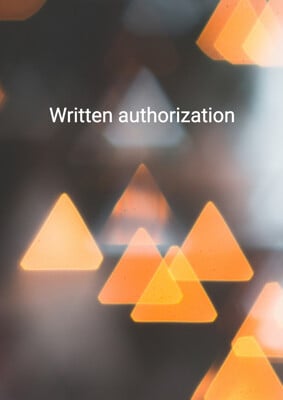How to Tailor the Document for Your Need?
01
Create Document
Click "Create Document" button and the document will be prepared with your account details automatically filled in.
02
Fill Information
Please fill in any additional information by following the step-by-step guide on the left hand side of the preview document and click the "Next" button.
03
Get Document
When you are done, click the "Get Document" button and you can download the document in Word or PDF format.
04
Review Document
Please review the document carefully and make any final modifications to ensure that the details are correct before publication / distribution.
Document Preview
Document Description
The policy requires that all original work created by or contracted for development by the company and its members of staff, including directors, senior managers, employees, consultants, part-time, and casual staff, should be marked and signed by the author upon creation. The copyright records should be established and maintained by the Copyright Officer, including notes outlining the key stages of development, all draft designs, and internal correspondence relevant to the development of the work.
The policy also specifies the use of copyright notice when publishing original work and the ownership of copyright in work created by employees, which is governed by the company’s employment agreements. When third parties are involved, the Copyright Officer should be consulted to discuss whether any action is needed to maintain ownership and protect any resultant copyright. The policy also requires staff to respect third-party copyright when carrying out their duties and to refrain from using any resource that would constitute an infringement of third-party copyright.
The policy sets out a procedure for actual or suspected copyright infringement, where members of staff should promptly inform the Copyright Officer with details of the infringement. It also outlines a process for dealing with requests to use or reproduce the company’s work, which should be referred to the Copyright Officer for deliberation. The Copyright Officer shall keep records of any licenses or other forms of consent given in response to any requests made by any persons.
In conclusion, this copyright policy sets out clear guidelines for employees to follow when handling copyright in the course of their employment at the workplace. The policy outlines the expectations of the company, and any breach of this copyright policy is considered a serious indiscretion that may result in disciplinary action. This policy is crucial in ensuring the proper handling of copyright material and protecting both the company and employees.
How to use this Document?
1. Understand the importance of copyright: The policy highlights the importance of copyright as part of the company's intellectual property portfolio. Staff should act in compliance with the policy to maintain, use and protect the company's copyright.
2. Scope of the policy: The policy applies to all staff members working for the company at all levels, including directors, senior managers, employees, consultants, part-time, and casual staff. It covers all original work created by or contracted for development by the company and its staff, including drafts, designs, emails, letters, meeting minutes, and any other internal correspondence relevant to the development of the work.
3. Establishing copyright protection: Upon creation, the author should mark all original works with the author's name, job title, and the date of creation. Each piece of original work should also be signed by the author, and complete records shall be established and maintained for easy access to copyright records.
4. Use of copyright notice: If original work created by a member of staff is to be published, a copyright notice should be included with the year of publication and the full name of the copyright owner. If such work is updated, changed, or amended in any way, the original date and date of the update, change, or amendment should be included in the copyright notice.
5. Ownership of copyright in work created by employees: The company's employment agreements govern ownership of the copyright and other intellectual property rights. The policy outlines situations whereby an employee produces original work during the course of employment.
6. Third parties and copyright: If a member of staff commissions work from a third party, the member of staff should discuss with the Copyright Officer to discuss whether any action is needed to maintain ownership and protect any resultant copyright. The Copyright Officer should maintain complete records of any contractual arrangements agreed to with third-party contractors.
7. Third-party copyright: Staff should respect third-party copyright when carrying out their duties. Members of staff should refrain from using any resource, the use of which would constitute an infringement of third-party copyright.
8. Actual or Suspected Copyright Infringement: If a member of staff becomes aware or reasonably believes that there has been an infringement of the company's copyright, they should promptly inform the Copyright Officer with details of the infringement.
9. Dealing with Requests to Use or Reproduce the Company's Work: Any requests to use or replicate the company's resources or works should be referred to the Copyright Officer for deliberation. The Copyright Officer shall keep records of any licenses or other forms of consent given in response to any requests made by any persons.
Overall, this policy serves as a guide for employees to follow when dealing with copyright at the workplace. Companies should ensure that employees are aware of the policy and its contents, and should update them whenever there are any major changes. This policy is an essential document that every company should have to protect their intellectual property rights.
Not the right document?
Don’t worry, we have thousands of documents for you to choose from:
